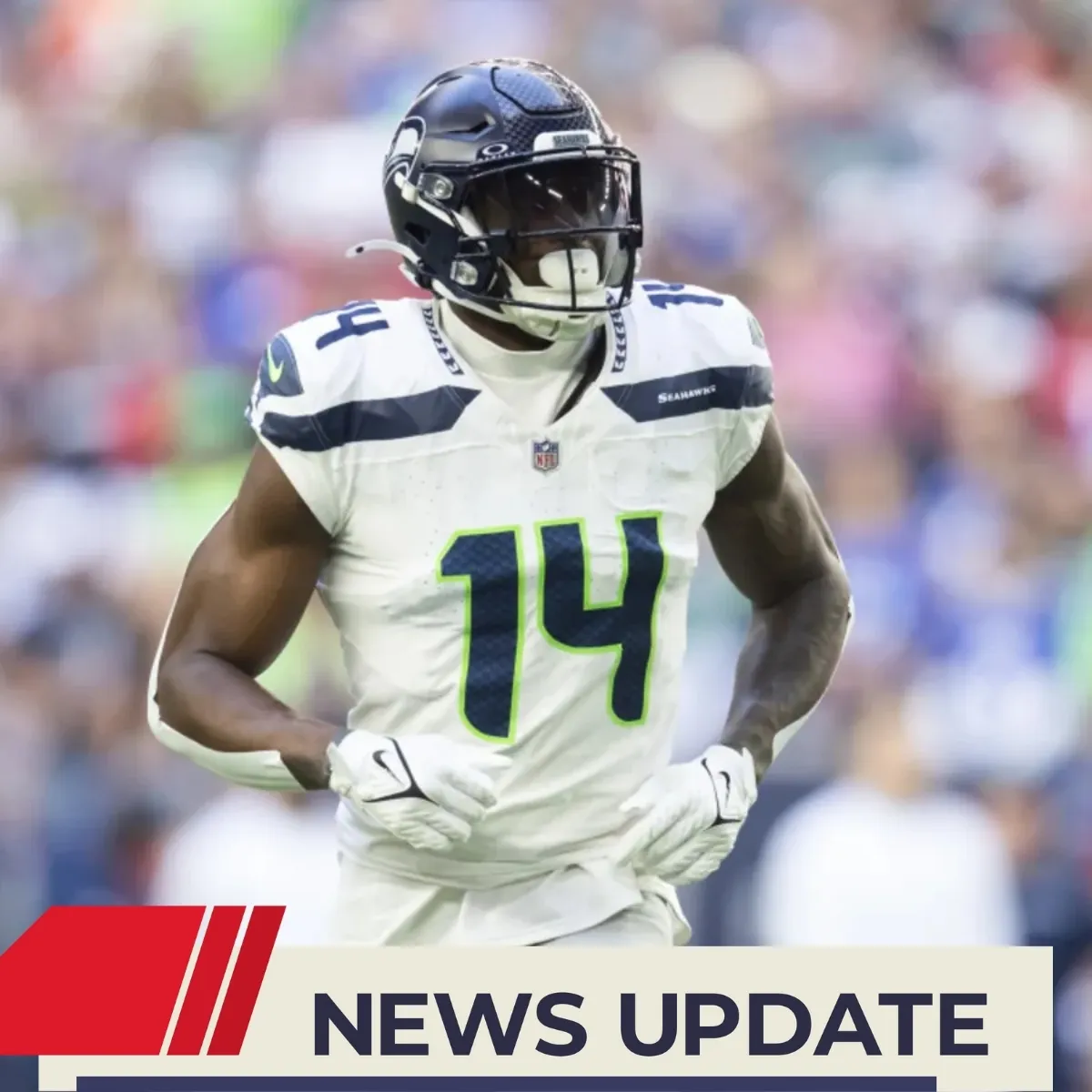If Caleb Williams is yelling "Omaha," then he's probably planning a trip to Nebraska because he's not allowed to change plays at the line of scrimmage in the classical sense Peyton Manning did when he was hollering this before plays.
If you've been looking for an explanation over how the Bears can waste so much time or Caleb Williams gets to the line of scrimmage and is perplexed, coach Thomas Brown may have provided it.
It's a little late now to satisfy anyone, but Williams is not allowed to audible out of plays.
"Very little," Brown said about Williams' flexibility at the line of scrimmage. "So most of it is based off of being able to have it built into a particular call or being able to have an alerted play like, I just talked about before whether it be a run to run, run to pass, run to play-action pass, run to keeper or vice versa.
"Obviously, from a third-down standpoint there's a lot more pure progression less of coverage-based reads. Not a lot of man vs. zone alerts, to kind of be able to alleviate some stress off of him. It's the stuff that kind of shows up in the game when it comes to possible zero pressure when he has some flexibility to kind of get in and out of certain plays but for the most part, not a whole lot."
This explains a lot about why the Bears have trouble right before snapping it and very late in games. It also can have something to do with why they have so many sacks, because there is only so much Williams can do to escape certain defensive looks.
Williams also doesn't have the ability to call timeouts, as he expressed after the debacle in Detroit. It's all linked, Brown says.
"Kind of to the response of a couple of previous questions when it comes to what he has control over, what he doesn’t have control over when he breaks the huddle, mygoal is to be able to try to figure out ways to take pressure off of him and make the game simple for him," Brown said. "So when it comes to timeouts, I control those."
The Bears have had trouble being at the line with enough time to get an assessment of the defense and then get the play off. Some of this is not breaking the huddle in time and Brown acknowledges this by saying they don't have a set time amount on the play clock for being at the line of scrimmage.
"I think every play is different," Brown said. "So, I think it depends on what we're talking about down and distance-wise.
"In some normal down stuff that kind of shows up as far as calling the run-it plays vs. alerted plays. Obviously, third down is a little bit different when it comes to multiple moving parts which I can always reflect about trying to alleviate stress out from him when it comes to having some more static things from a motion standpoint, which makes it difficult at times depending on how the flow of the game goes.
"But I'm not going to put a number (of seconds) on when you want guys to break the huddle or not. It's more about you being able to have enough time to communicate it, get it lined up, communicate it from a protection standpoint, have potential alerts before obviously the shot clock gets down to one."
Being well versed before the snap and afterward are things Brown has in mind for Williams to work at in the offseason, although it's possibly something another coach will be addressing.
"I would say pre-snap mechanics when it comes to understanding potential pressure threats," Brown said, pointing to Williams' area of need. "Also, a mastery of what happens post-snap.
"Obviously, having the reaction of how they play it out coverage-wise, what pressures they bring but also understanding where all of my quick element throw are if we have an opportunity for that. I think at times as well understanding how to maintain proper pocket integrity."
The 67 sacks this year, he doesn't blame all on Williams or on the line.
"It's an all-11 problem," Brown said.



